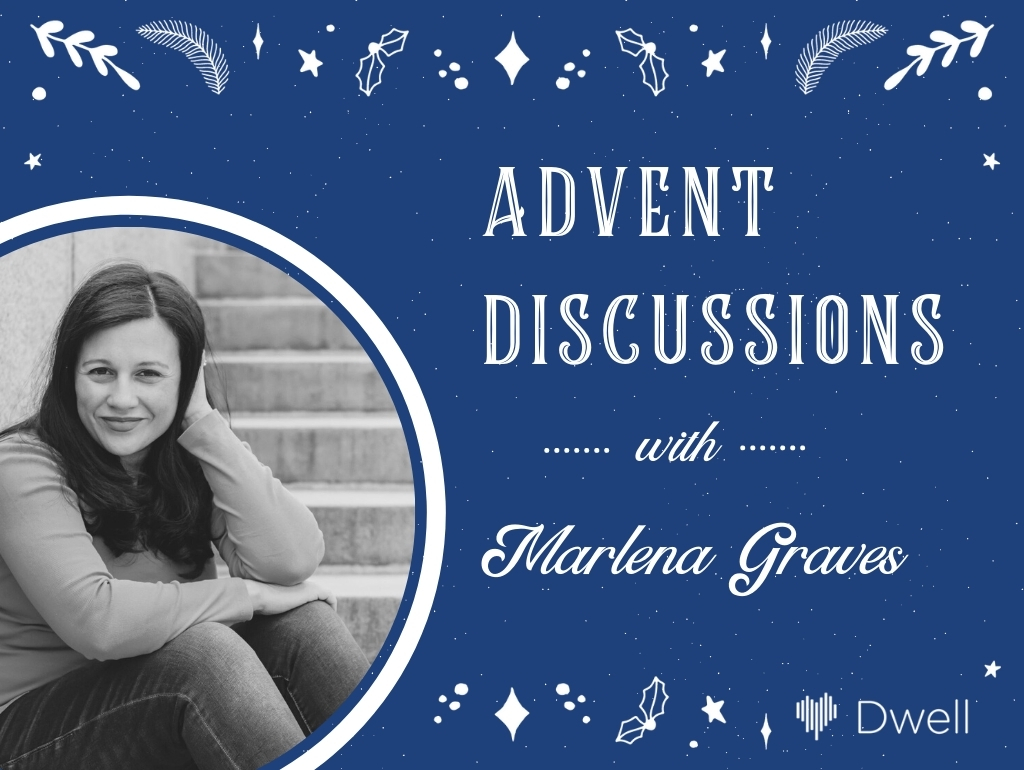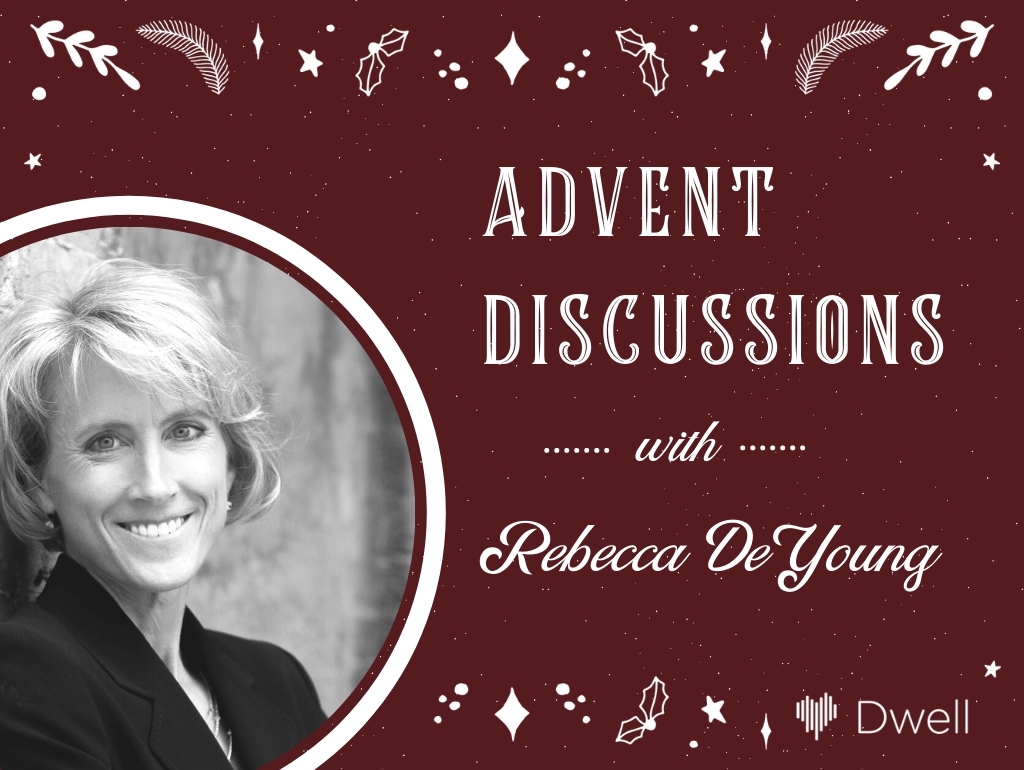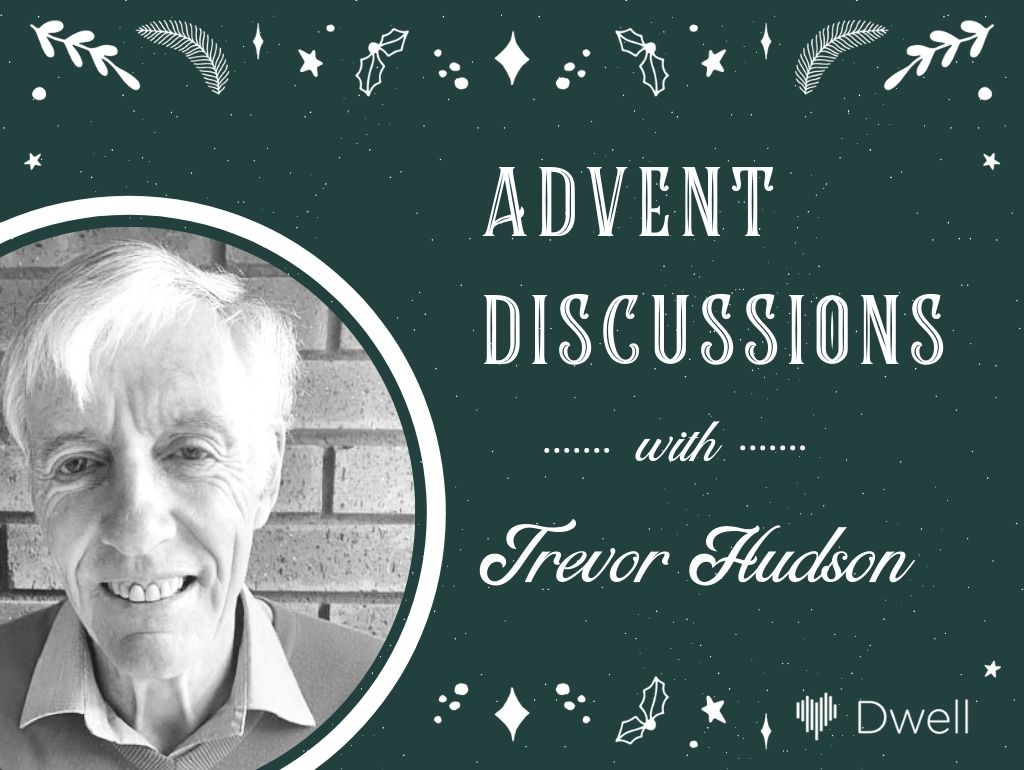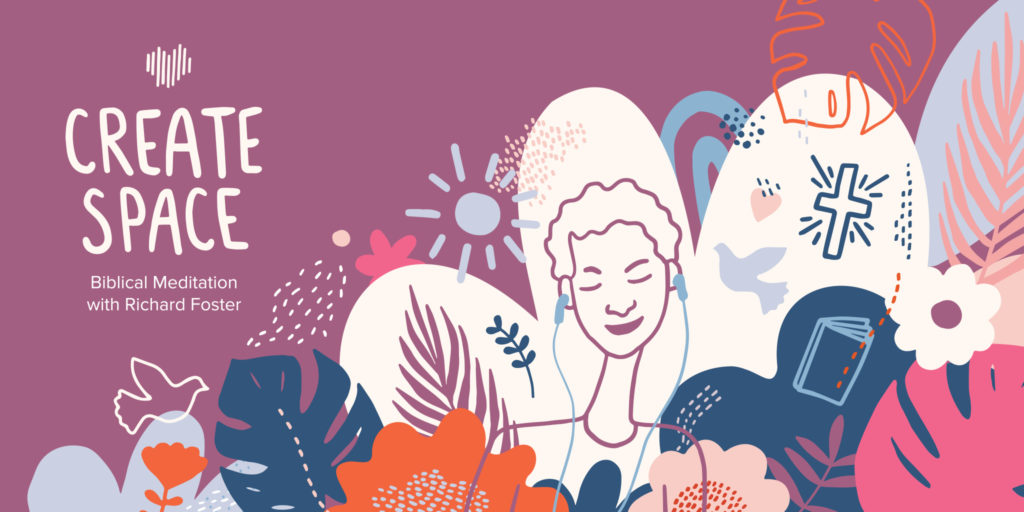Advent Discussions: Rich Villodas
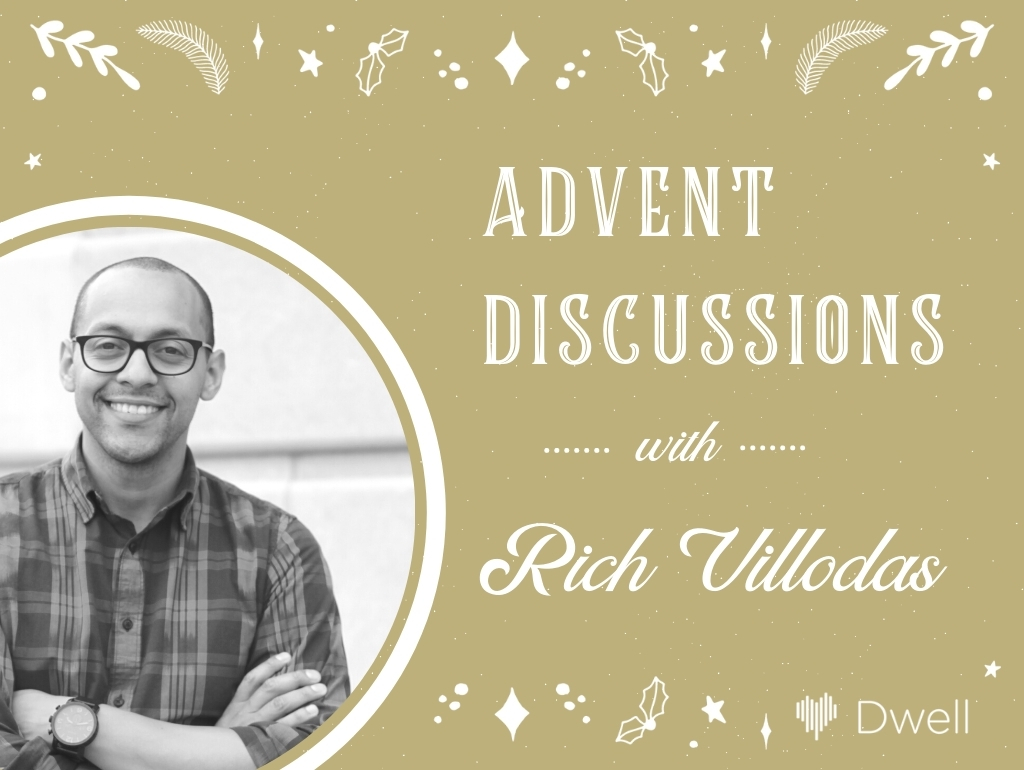
Join us each week of Advent as we share bonus content from friends of Dwell, each reflecting upon their own Advent journey and life with God in and through Scripture.
Week 4: Rich Villodas
Rich Villodas is the Brooklyn-born lead pastor of New Life Fellowship, a large multiracial church with more than seventy-five countries represented in Elmhurst, Queens. Rich holds a Master of Divinity from Alliance Theological Seminary. He enjoys reading widely, preaching and writing on contemplative spirituality, justice-related matters, and the art of preaching. He’s been married to Rosie since 2006 and they have two beautiful children, Karis and Nathan. His first book, The Deeply Formed Life, is now available wherever books are sold.
Visit him online at richvillodas.com.
The Presence of God in a Season of Presents
How Do We Practice the Presence of God in Advent?
The Importance of Praying Scripture
Bonus Audio Content:
Titanic and the Deeply Formed Life
Transcript: First of all, Titanic came out in 1997. And what was I doing in 1997? Well, I was an 18-year-old worker at the movie theater in Manhattan, what was called Sony Theaters at the time. And so I cannot tell you how many times I watched Titanic, as you know, I was supposed to working, but I would sneak into the back of the theater and watch and all that. And I watched it numerous times, but I would say a few years ago, as I watched it again, as it came on, like on TNT or something like that, as it does every other hour, again I was struck by the contrast, essentially, that it sets out to sail (the Titanic) and hits an iceberg. And what you see in the movie from that point on is this terrifying contrast, where on the upper decks of the ship, there is celebration and opulence and all the rest, and then the water started rushing in into the lower decks of the ship, and you start seeing all kinds of chaos and pain. And sooner or later, you know, as though as the movie progresses, the issues of the lower deck begin to rise until the entire Titanic is capsized.
And as I thought about it one day and watched it, I thought, Oh, this is this is really a core metaphor of life, and the spiritual life in particular, where there’s so much happening on the lower decks of our lives that we often don’t pay attention to, and sooner or later, if we don’t pay attention to what’s happening on the lower deck, we’re going to capsize and so ironically, the logo of our church is an iceberg, so it’s all coming together here. But yeah, Titanic, I think, is a wonderful metaphor, because it’s about the ways that the lower decks of our lives often rise to capsize us if we’re not paying attention.
Can we Hope for Depth in an Age of Social Media and Superficiality?
Transcript: I do think there is hope, but I think the hope is contingent upon our ability to live in reality as it relates to technology.
You know, I think Dr. King said in one of his speeches, it might have been one of his sermons, that we have allowed our technology to outrun our theology, and that we’re not so good at weighing the price of technological progress. And I think to the degree that we are able to face the ways that technology, not just the gift, but the ways that it malforms us, I think, to the degree that we do that we can appropriately boundary it and see what it is and the gift that it brings, but not live in this illusion that we’re not being formed in some negative ways. So I think on one level, I think there’s great hope, but that hope is contingent upon our ability to live in reality.
But to your point, absolutely. I mean, so much of technology is based on this curated sense of self, this false self, really, that I’m trying to project out into the world. And I think so much of what we see with technology is it reveals all the ways that we don’t feel loved, and the ways that we’re trying to grasp that love.
There’s one quote from Aristotle, where he says that when people don’t feel loved, they seek to be admired. And I think that’s what we see a lot (with the) social media landscape, where people often don’t feel this deep abiding sense of love really coming from the heart of God. As a result, I have to figure out ways where I can earn admiration, which interestingly enough, I know we’re in the Advent season, but when you look at Jesus when he gets baptized, he gets baptized and the voice of the Father comes down, “This is my son in whom I’m well pleased,” and then he’s sent into the wilderness and the first thing that’s really tested is whether he believes in that word of affirmation. And the evil one says, “If you are the Son of God, turn this bread into stone. If you are the Son of God, jump from the temple and angels will catch you. If you are the Son of God, bow and I’ll give you all the powers, the kingdoms of the world.” In other words, do you truly believe in this message of your belovedness, or are you going to seek to figure out various ways to obtain it? And I think that is the struggle of social media. Am I living from the center of God’s love? Or am I working really hard to try to achieve something that truly is already mine?
Silence and our Experience of God
Transcript: What silence does is, in some ways, it reveals to us all the ways that we have become subjected to stimulation, and a need for greater and more experience. And so I remember a quote from Brennan Manning some years ago, where he said, “Do I worship God, or do I worship my experience of God?” And we have to be very clear about how we respond to that, because it’s very clear that many of us are worshiping our experience, and how do you know you’re worshiping your experience? Well, when the experience, especially the good experience is gone, am I still showing up? And I think that’s at the core of Christian spirituality, am I really pursuing God or what I can get from God?
